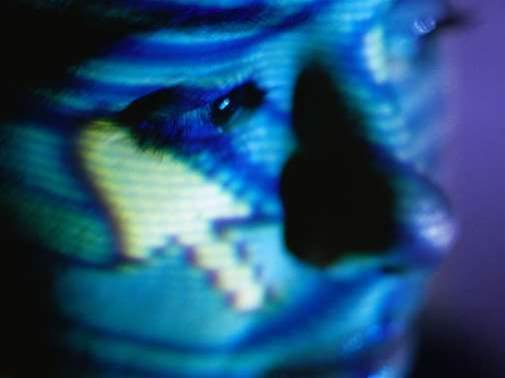
Regardless of how it gets on the network the content will get there, claimed Mike Solomons director at SelecTech Solutions, the sole Australian reseller of Irish security product PixAlert.
“With over 250 audits in the past year we have found [illicit] content. Recently in Europe we found 83,000 video files which included almost 40 full-length porn videos,” said Solomons.
According to Solomons, although current security controls such as gateways and firewalls are successful at filtering content, a huge amount of illicit material still ends up on PCs through USB sticks, camera phones and laptops..
Furthermore, malicious porn-peddlers are pasting images in popular file formats like Powerpoint or Word to deceive filters.
Home PCs are also at major risk, as evidenced by the Federal Government’s recent ISP filtering scheme NetAlert for homes, public libraries and schools.
“The Government should be applauded for its content filtering but there’s a lot of ways to still get [illicit] content in,” said Solomons. “These days a child can go into a shop and buy a 4GB USB stick with their pocket money and load it with music or illicit images.”
“If large corporations spend thousands of dollars on trying to stop the [spread of illicit] net content how will mum and dad cope?” asked Solomons.
According to Patrik Bihammar, senior analyst at IDC Australia, the risk is widespread in organisations that don’t control and monitor their individual PCs.
“This is an issue not only in terms of productivity and what is appropriate, it also takes up a lot of disk space and is a major security problem,” said Bihammar.
“It’s up to each organisation on how they want to manage, control and block user behaviour,” said Bihammar. “Vendors have a range of messaging security appliance offerings that help control, secure and enforce policies.”
Both Solomons and Bihammar urged companies to enforce policy and educate workers.


_(22).jpg&h=140&w=231&c=1&s=0)

_(20).jpg&h=140&w=231&c=1&s=0)
.png&h=140&w=231&c=1&s=0)




_(26).jpg&w=100&c=1&s=0)
 iTnews Executive Retreat - Security Leaders Edition
iTnews Executive Retreat - Security Leaders Edition












_(1).jpg&h=140&w=231&c=1&s=0)



